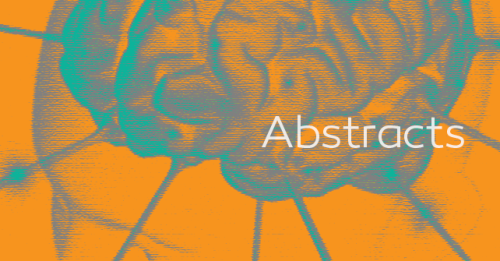Risk of mild head injury in preschool children: relationship to attention deficit hyperactivity disorder symptoms.
Abstract
AIM:
To investigate whether there is an association between mild head injury (MHI) and attention deficit hyperactivity disorder (ADHD) symptoms in preschool children.
METHODS:
The study included a patient group of 30 children aged 3-6 years with mild head trauma and a control group of 30 healthy and age- and sex-matched children. The symptoms of ADHD were evaluated using the Conners’ Parent Rating Scale-Revised Long (CPRS-RL) form.
RESULTS:
The mean age was 4.73?±?1.13 years in the patient group and 4.65?±?0.99 years in the control group. No significant differences were determined between the groups in terms of age, gender, parents’ age and education (p?>?0.05). The total subscale points as reported by the parents of the children with MHI were significantly higher than those for the control group in terms of the following subscales: oppositional, cognitive problems/inattention, hyperactivity, social problems, ADHD index, Conners’ Global Index (CGI)-Irritability-Impulsiveness, CGI-Emotional Lability, CGI-Total and DSM-IV ADHD symptoms (p?<?0.05). A history of previous trauma treated in emergency services was determined in eight of the 30 patients (26.7%).
CONCLUSIONS:
The findings of this study suggest that preschool children with MHI have more pre-injury ADHD symptoms and oppositional and emotional-behavioural symptoms than healthy children without trauma. Clinicians should screen children with MHI for ADHD symptoms and refer them for treatment when necessary. Evaluation of children presenting with MHI by a child psychiatrist may prevent repetition of injuries.
KEYWORDS:
Attention deficit hyperactivity disorder; Emotional and behavioural symptoms; Mild head injury; Preschool children
- PMID:
- 29696355
- DOI:
- 10.1007/s00381-018-3808-8

